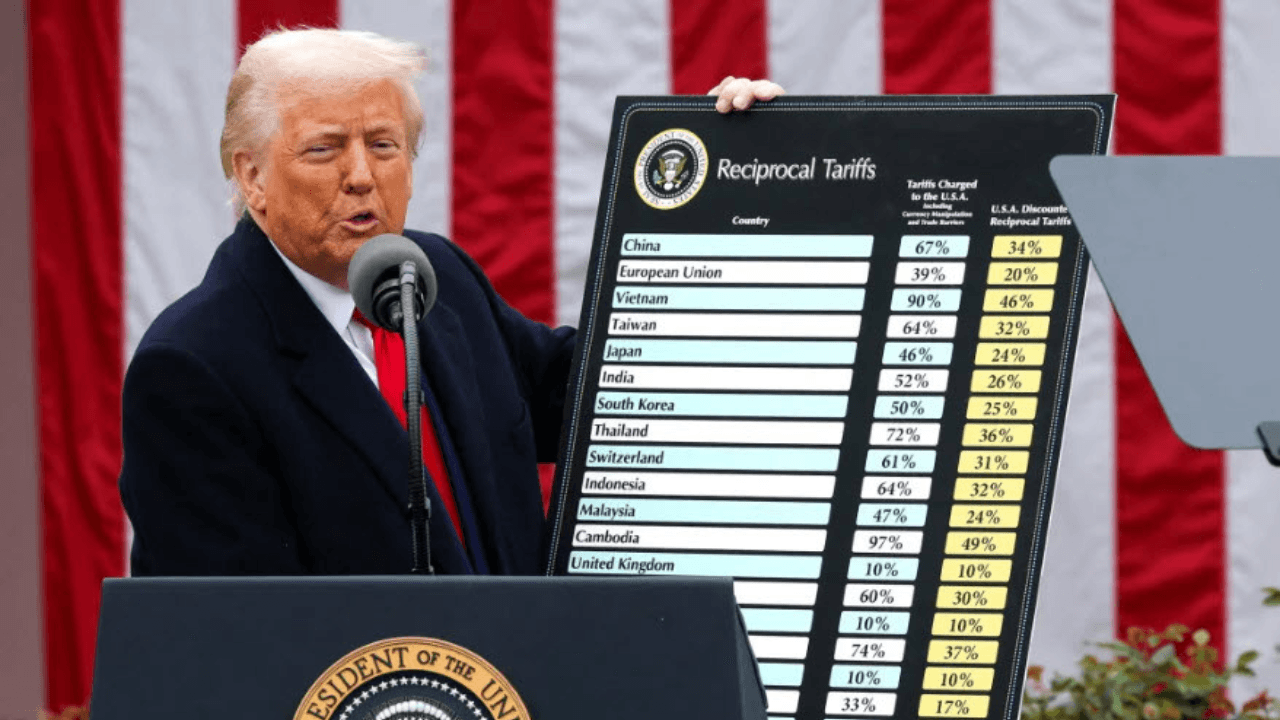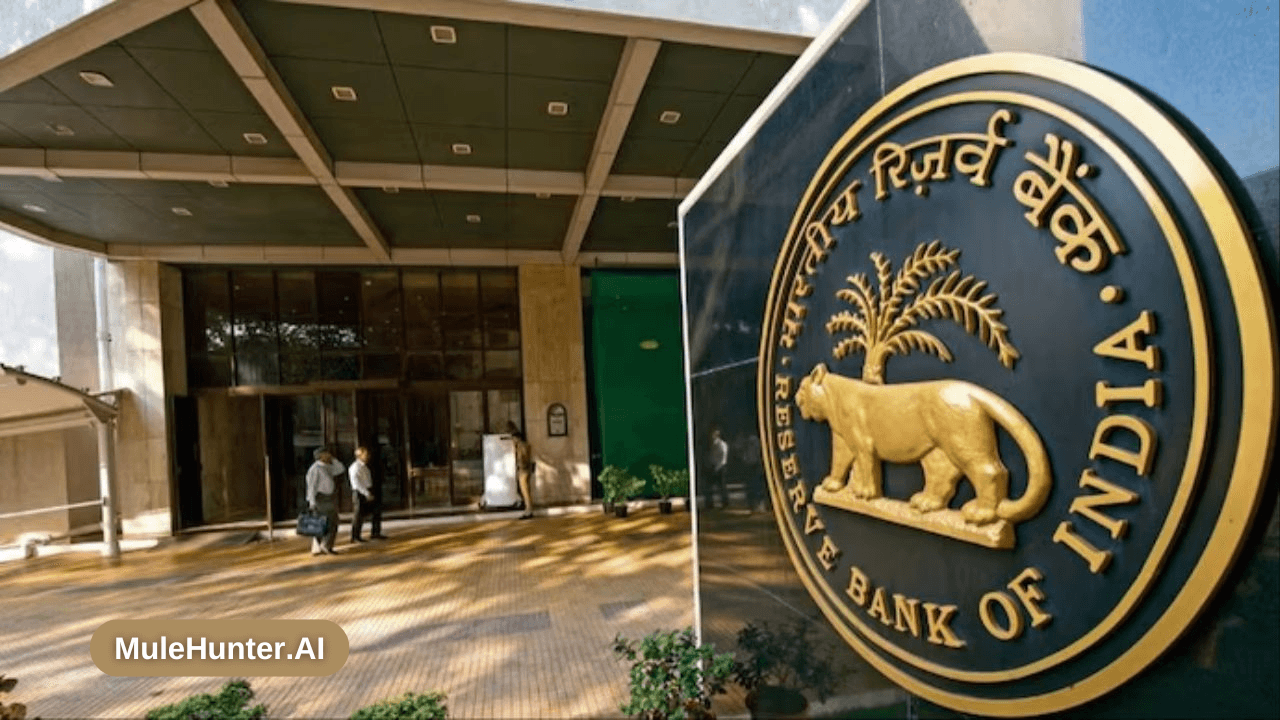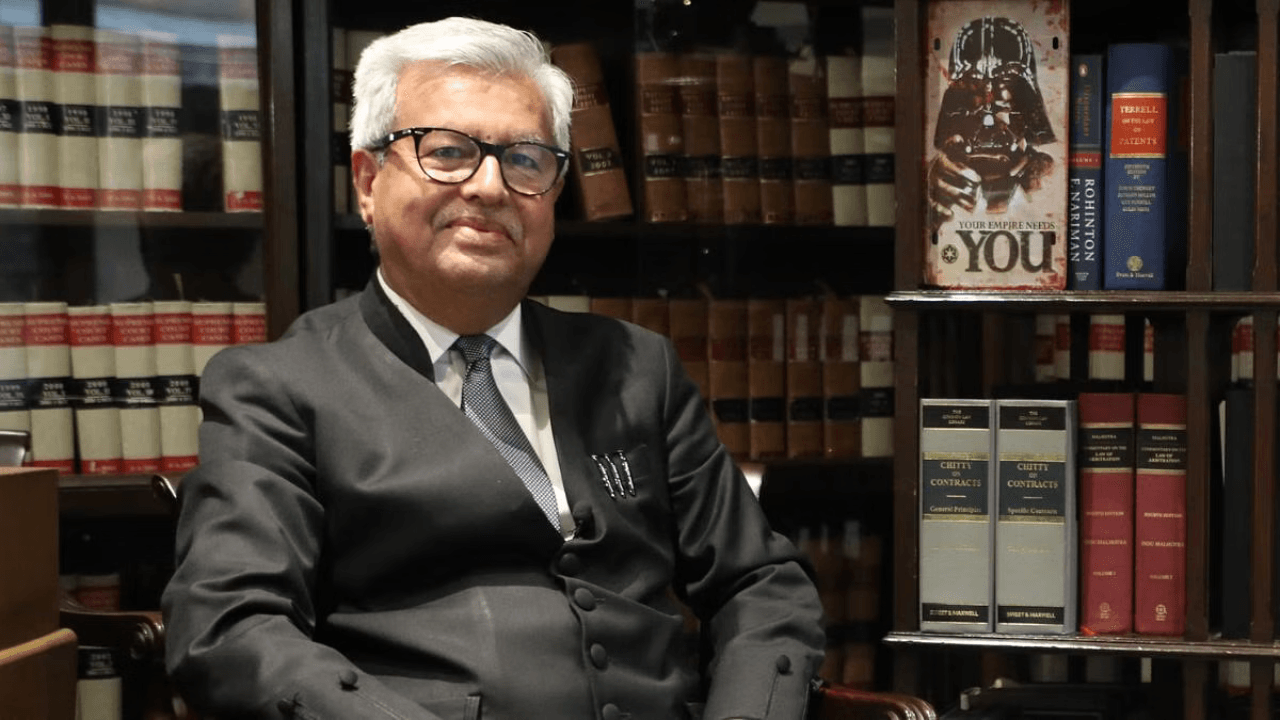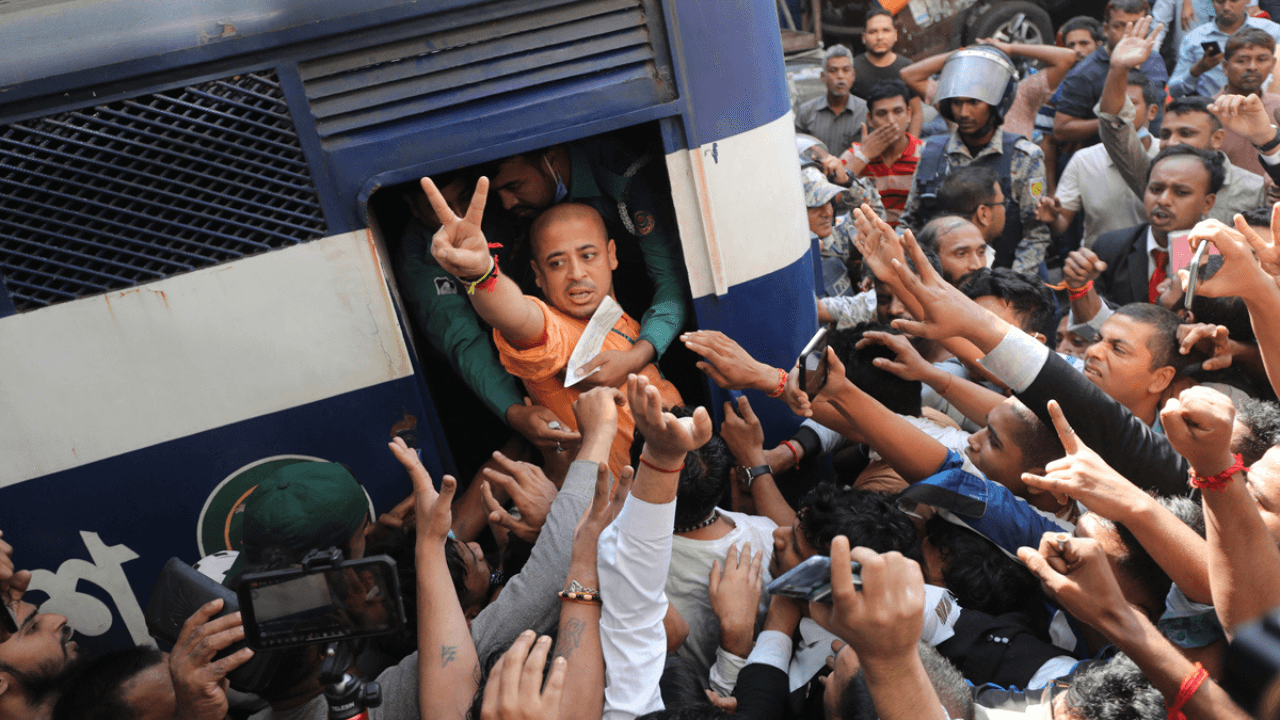The recent NEET paper leak scandal has sent shockwaves across the nation, bringing to the forefront critical questions about the integrity of our educational system. As the National Testing Agency (NTA) defends its decision against conducting a re-test, citing the future of 23 lakh students, the stark reality remains that only a fraction, around 40-50 thousand, will secure seats in government colleges. The rest will either opt for semi-government or private institutions, consider studying abroad, or take a gap year to prepare again.
The Supreme Court’s remarks on the beneficiaries of the paper leak highlight a daunting challenge for the NTA: determining the severity and reach of the breach. It is nearly impossible to ascertain the exact number of students who benefited. Alarming instances, such as six students achieving a perfect score of 720/720 at a single exam center in one row, underline the need for a thorough investigation.
Reports of paper leaks from Patna, Bihar, Godhra, and Maharashtra raise serious questions about the involvement of NTA officials in the scandal. To uncover the truth, a comprehensive scrutiny of NTA officials is essential, as orchestrating such a leak without insider involvement seems implausible. This includes questioning the officials, examining the printing presses associated with the NTA, and investigating the roles of bank managers and printing staff.
The broader issue extends beyond the immediate impact on the 23 lakh students affected. It is crucial to identify and penalize the corrupt officials within the system who facilitated the leak for monetary gain. A robust and transparent education system demands that these individuals be brought to justice.
In addition to immediate corrective measures, there is a pressing need to reassess and potentially revise the admission processes. Introducing an interview system in all medical colleges could help ensure that only meritorious students secure seats, thereby restoring faith in the system. This is particularly relevant for institutions like AIIMS, where the stakes are high and the pressure to secure a seat often leads to unethical practices.
The reluctance of the NTA and the central government to conduct a re-test raises concerns about the long-term credibility of the healthcare education system. If such breaches are not addressed with stringent measures, the future of medical education and, by extension, the healthcare system, remains at risk.
Furthermore, the investigation should extend beyond the NTA to include coaching institutes. These institutes, which boast of producing top rankers year after year, must be scrutinized for potential connections with NTA officials. The success of these coaching centers often translates into increased business, making it imperative to check for any involvement in the paper leak scandal.
In conclusion, the NEET paper leak scandal is a wake-up call for the Indian education system. It underscores the need for a comprehensive overhaul to ensure transparency, integrity, and meritocracy. As the investigation unfolds, it is crucial that all stakeholders, including NTA officials, printing press staff, bank managers, and coaching institutes, are held accountable. Only then can we hope to restore trust in the education system and safeguard the future of millions of students.












